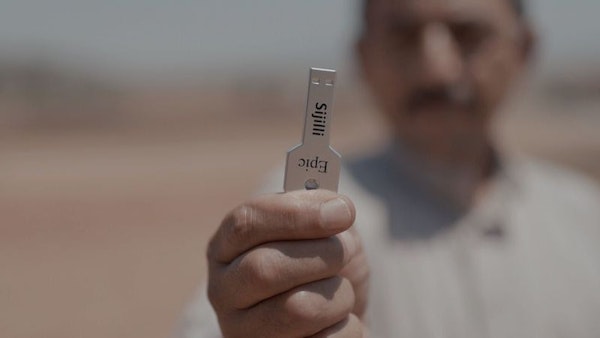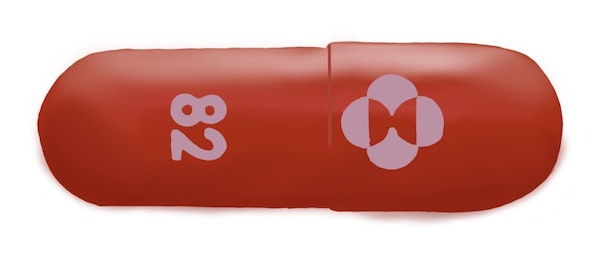Over the course of the pandemic, the world has scrambled to find treatments and vaccines in order to reduce the negative impact of the coronavirus. While vaccinations have been developed to reduce the spread, doctors have been searching for treatments and a cure. In the past month, two antiviral drugs, Molnupiravir and Paxlovid, have been found to reduce COVID-related deaths and hospitalizations if taken soon after infection.
On November 4th, the United Kingdom became the first country to approve the usage of Molnupiravir, which has been shown to half the risk of hospitalization in patients with mild to moderate forms of the virus.
Molnupiravir works when a metabolite of the drug is incorporated into the viral genome by RNA polymerase and causes so many mutations in the virus that it can no longer survive. The second antiviral, Paxlovid, acts through the inhibition of an enzyme required to process proteins into their final form. Both drug regimens last a few days and the fear is that it will cause side effects for pregnant women or interact badly with other drugs.
A benefit of both antivirals is the fact that they would be “relatively cheap to manufacture” according to Charles Gore, executive director of the Medicines Patent Pool. These medications would allow patients to treat COVID-19 at home, which is more convenient and less expensive in comparison to the antiviral options administered at the hospital.
While the new antivirals have been shown to successfully reduce hospitalizations and deaths from COVID-19, there are still many questions surrounding the safety and efficacy of the drugs. For example, the majority of antiviral medications must be taken soon after initial infection in order to be effective. Future studies will include trials to identify the optimal time treatment window for these antivirals.




